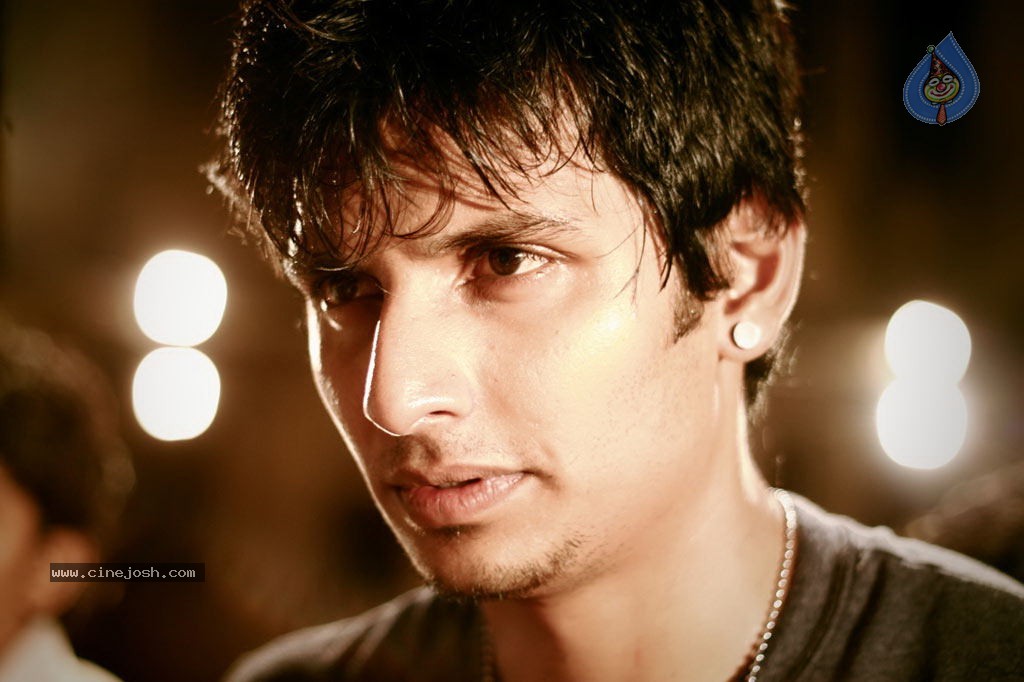

“My job, I feel, is to normalize my existence,” he said bluntly. And not because Black people don’t do bad things or haven’t had bad things done to them. As his wife, Jessica Oyelowo, explained, “He’s refused so many roles that painted Black people in any kind of negative light. Oyelowo had already spent the better part of two decades building a career that attracted the attention of prestigious directors like Anthony Minghella, Christopher Nolan and Ava DuVernay while playing roles that rose above the lazy stereotypes frequently drawn in Hollywood movies. Though “Black Panther” may have since changed the equation when it comes to Black representation onscreen, the fact that Oyelowo had won the lead role, in a Disney film featuring an all-Black cast no less, hadn’t occurred to the boy.Īnd that was it. The 14-year-old had already done the calculus and figured that if his father, a Black British man born to Nigerian parents, earned a role in a Disney film it almost certainly couldn’t be at the center of the narrative, even if he had just portrayed Dr. A film that strives to move away from the beaten track, it could have been crafted better.Oyelowo was shocked. The poor lip-sync only makes it worse, particularly in the scenes of Tabu and Hattangadi, the latter playing a religious fundamentalist. Though most happenings are in Mumbai and Goa, everybody seems to speak in some kind of Tamil.


About 128 minutes of running time, what goes against the film is its disjointed nativity and ambience, and a ‘dubbed’ feel. The women are more of passing characters. A rakish Vikram, the character perpetually inebriated, adds the lighter edge. It has a fine touch at the end, where commenting on their similar destinies, Jiiva’s David makes a reference to their biblical namesake.Īn intense Jiiva infuses life into his character. It’s the surprise ending that makes you view the earlier happenings in a kinder perspective. The finale is uplifting, which reassures faith in human goodness. But unpredictable and refreshing is the way both end. The two episodes are simple, a tad boring at times. Vikram’s is the brighter, lighter scenario. Jiiva’s track is intense, mostly shot in darker shades. The third ‘gangster’ track of the Hindi version, has been dropped here. The narration travels in two separate tracks, clearly demarcated, one not interfering with the other. Ditched at the altar by his girlfriend, and in love with best friend Peter’s deaf-mute fiance (an ethereal looking Sharvani), he undergoes moments of agony and doubt. On the Goan track is Vikram’s David, a fisherman. And when he is about to reach his goal, comes the agonising turn in his life. Son of a church father, a staunch Christian (Nasser fitting in suitably), this David is carefree, playfully ragging of his father’s community work. Jiiva who plays the David of Mumbai, is a guitarist aspiring for the big break. The story goes into a flashback mode, depicting the happenings in their lives and of their similar destinies. The other was about to attend his best friend’s wedding. One was about to kill his father’s tormentor. It’s an intriguing opening on the two Davids, one living in Mumbai of 1999, the other in Goa of 2010. The director (apprenticed with Mani Ratnam), adopts a non-linear style of narration, shuttling between the two stories. Set in two different places in two different time periods, it’s about two men who share the same name David, and of how their destinies converge. Cast: Vikram, Jiiva, Tabu, Lara Dutta, Isha Sharvani,Īfter an impressive debut with the Hindi film ‘Shaithan’, Nambiar returns with a bilingual (Tamil, Hindi).


 0 kommentar(er)
0 kommentar(er)
